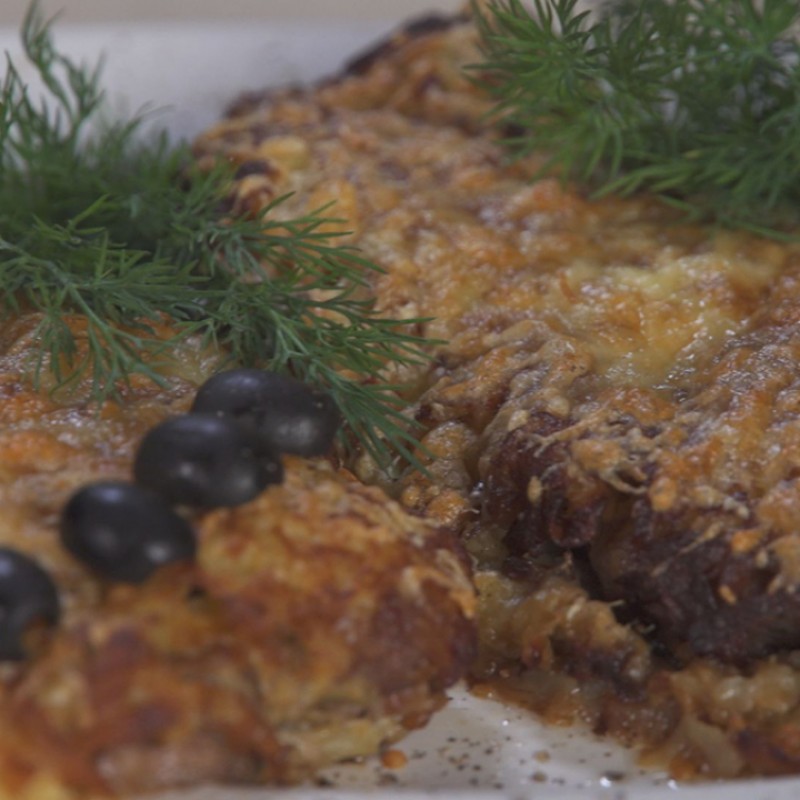
Cuisine
Cuisine
Year 2022
Duration 00:13:49
Although a recent gastronomic concept, the Buddha Bowl has quickly become a worldwide success. The story behind the Buddha Bowl goes back to Buddha’s time, in the fifth century BC. After his sermons, the great guru and founder of Buddhism would often pick up a bowl and go door to door, and people shared their food with Gautama in gratitude for his spiritual instruction. The bowl was filled with whatever food people were able to provide, which was what they themselves ate, largely rice, beans, vegetables, herbs, and nuts. The Buddha ended up with a full, well balanced meal. In the early 21st century, some chefs in California rediscovered the concept, which has since proved irresistible in its simplicity, beauty, and most importantly, its philosophy. Nowadays a Buddha Bowl is not a meal -- it’s a format, or, perhaps, more like a construction set of different foods that usually remain unmixed, and instead are laid out in separate portions inside the bowl. The ingredients may vary, but the principle is always the same: a light carbohydrate foundation, a nourishing protein source, plenty of fiber, and lean fats. Vladimir Pavlov offers his own version of the Buddha Bowl, with quinoa, fried tofu, and cashew cream. Watch The Geography of Taste on Russian Travel Guide.
Presenter Vladimir Pavlov
Year 2022
Duration 00:13:49
Presenter Vladimir Pavlov
Although a recent gastronomic concept, the Buddha Bowl has quickly become a worldwide success. The story behind the Buddha Bowl goes back to Buddha’s time, in the fifth century BC. After his sermons, the great guru and founder of Buddhism would often pick up a bowl and go door to door, and people shared their food with Gautama in gratitude for his spiritual instruction. The bowl was filled with whatever food people were able to provide, which was what they themselves ate, largely rice, beans, vegetables, herbs, and nuts. The Buddha ended up with a full, well balanced meal. In the early 21st century, some chefs in California rediscovered the concept, which has since proved irresistible in its simplicity, beauty, and most importantly, its philosophy. Nowadays a Buddha Bowl is not a meal -- it’s a format, or, perhaps, more like a construction set of different foods that usually remain unmixed, and instead are laid out in separate portions inside the bowl. The ingredients may vary, but the principle is always the same: a light carbohydrate foundation, a nourishing protein source, plenty of fiber, and lean fats. Vladimir Pavlov offers his own version of the Buddha Bowl, with quinoa, fried tofu, and cashew cream. Watch The Geography of Taste on Russian Travel Guide.
You may also like